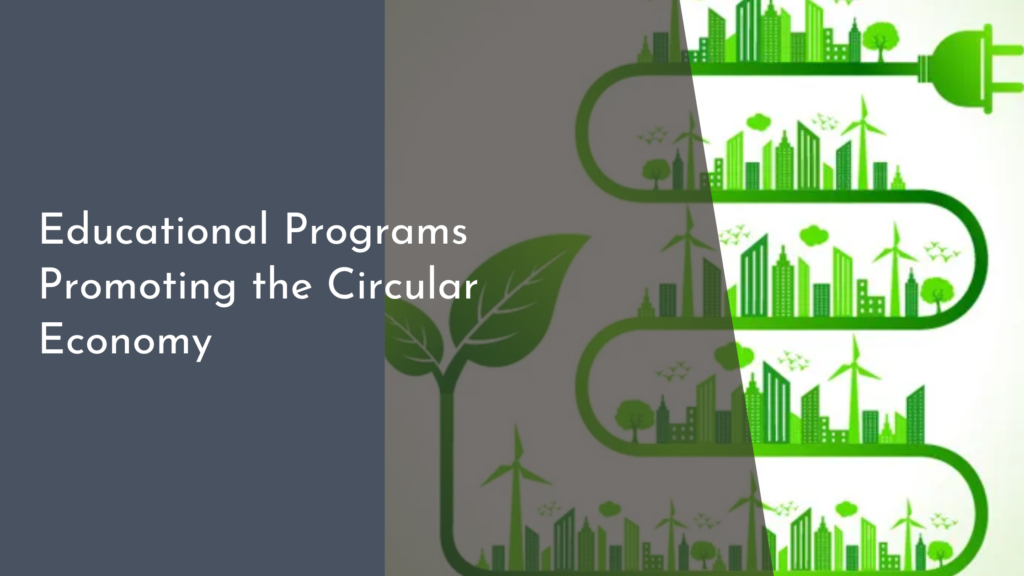Exploring biodegradable solutions for renewable energy storage
As the world moves towards a more sustainable future, the quest for renewable energy storage solutions has become increasingly paramount. Traditional energy storage methods, primarily utilizing lithium-ion batteries, pose significant environmental challenges, from the mining of raw materials to disposal concerns. In response, researchers and innovators are exploring biodegradable alternatives that not only offer effective energy storage but also harmonize with nature, mitigating negative environmental impacts. This article delves into the exciting developments in biodegradable energy storage solutions, showcasing how they can transform our approach to renewable energy.
The Future is Green: Biodegradable Energy Storage Solutions
The transition to renewable energy sources, such as solar and wind, presents unique challenges in energy storage. As energy consumption fluctuates throughout the day, finding efficient, long-lasting storage solutions is crucial. Biodegradable energy storage solutions are emerging as promising contenders, capable of storing energy sustainably while decomposing naturally at the end of their lifecycle. This innovative approach aligns with global goals to reduce plastic waste and environmental pollution, offering a dual benefit of enhanced energy efficiency and ecological responsibility.
Moreover, biodegradable technologies can cater to a wide range of applications, from small-scale devices to larger energy grids. By harnessing renewable resources, such as plant-based materials, these solutions not only minimize reliance on finite resources but also contribute to a circular economy. As researchers continue to refine and scale these technologies, the potential for biodegradable energy storage solutions to play a significant role in our energy landscape becomes increasingly viable and exciting.
Unlocking Nature’s Potential: Materials That Work for Us
At the heart of biodegradable energy storage solutions lies a variety of innovative materials derived from natural sources. Cellulose, lignin, and chitosan, for instance, are all organic materials that can be engineered to create energy storage systems that effectively mimic the functionality of traditional batteries. By employing these biomaterials, researchers are able to create devices that are not only efficient but also capable of breaking down when no longer in use, significantly reducing waste in landfills.
Additionally, the exploration of bio-inspired materials is paving the way for new designs in energy storage technology. For example, materials inspired by the structure of certain plants can enhance the charge-discharge cycles and overall efficiency of storage systems. These advancements represent a shift towards utilizing nature’s own solutions to create energy storage systems that are both effective and ecologically friendly. As biodegradable materials continue to mature, they hold the promise of revolutionizing the energy storage landscape.
How Biodegradable Tech Can Revolutionize Energy Storage
The implementation of biodegradable energy storage technologies could significantly reduce our carbon footprint, offering a sustainable alternative to conventional batteries. One of the key advantages is their ability to decompose safely after use, eliminating the harmful environmental consequences associated with the disposal of traditional batteries. This characteristic not only helps in tackling the growing e-waste problem but also aligns with the global push for sustainable practices across various sectors.
Furthermore, biodegradable energy storage systems can provide localized energy solutions, especially in remote areas where access to traditional energy infrastructure is limited. By implementing these technologies, communities can harness renewable energy sources, store it efficiently, and utilize it without the environmental burden of conventional energy storage systems. This democratization of energy access underscores the potential for biodegradable tech to not only foster sustainability but also promote energy equality across the globe.
Bright Ideas: Innovations in Sustainable Energy Storage Solutions
Innovations in biodegradable energy storage are breaking new ground, with researchers and companies exploring exciting possibilities. For example, recent advancements include the development of bio-batteries that utilize enzymes and microbial fuel cells, which convert organic matter into electricity. These systems not only store energy but also harness waste material, offering a sustainable, closed-loop solution for energy generation and storage.
Moreover, the integration of biodegradable polymers into energy storage devices is being explored to enhance performance. By modifying the molecular structures of these polymers, scientists are discovering ways to improve charge capacity and stability. As these innovations unfold, they open doors to a future where energy storage is not only efficient and effective but also eco-friendly, marking a significant stride towards a greener planet. The blend of creativity and science in developing biodegradable energy storage solutions fuels optimism for a sustainable energy future.
The exploration of biodegradable solutions for renewable energy storage reflects a remarkable intersection of technology and environmental stewardship. With advancements in materials science and innovative designs, the potential to replace traditional energy storage systems with biodegradable alternatives is becoming increasingly realistic. As we continue to harness nature’s resources to meet our energy needs, the promise of a sustainable and greener future becomes brighter. Embracing these solutions not only addresses the urgent need for efficient energy storage but also paves the way for a harmonious relationship between technology and the environment, inspiring hope for generations to come.


